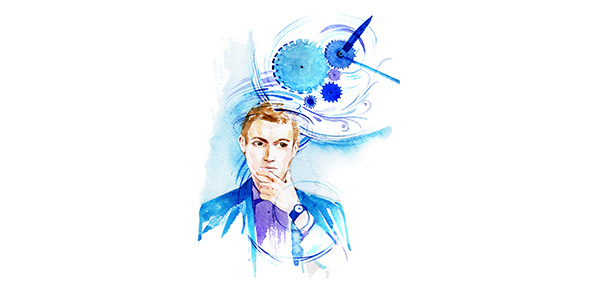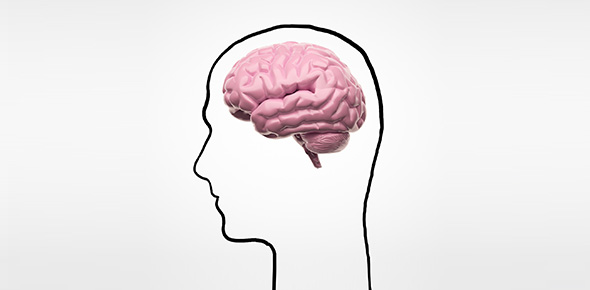Related Flashcards
Related Topics
Cards In This Set
| Front | Back |
|
Tabula rasas
|
John lockes theory that every child is born as a blank slate and are molded by experiences. This view similiar to aristotle but opposite of rousseau and plato who believed that children were born with a set of knowledge.
|
|
Biological perspective
|
The theory that genetics alone influence the way you develop. maturational theory 0 development as a natural unfolding of a biological plan. ethological theory - childrens and parents behavior has adapted to meet specific enviornmental challenges.
|
|
Psychological Theory
|
Erikson's theory that development consists of a sequence of stages, each defined by a unique crisis of challenge. trust vs. mistrust (1) autonomy vs,shame(3) initiative vs guilt(6) industry vs inferiority(adolescence) initimacy vs isolation(young adult) generativit vs stagnation(middle adult) integrity vs despair(late life)
|
|
Nature Versus Nurture
|
What roles do biology and enviornment play in child development it is now known that both nature and nuture influence the way a child develops.
|
|
Cognitive - developmental perspective
|
Development reflects children's efforts to understand the world. PIagets thoery emphasizes the different stages of thinking thta reslut from childrens changing theories of the world.
|
|
Computer metaphor
|
The idea that the brain and the way it functions is very much like a computer, sequential.
|
|
Brofenbrenner's Theory
|
Ecological model , child development is influenced by outside systems. these systems infulence eachother and work together to influence the individual. mesosystem (immediate family) micro system( church, extended family) exosystem(mass media, communites) macrosystem( political philosophy)
|
|
Learning Perspective
|
Development is determined primarily by a childs enviornment and experience. skinners operant conditioning : emphasizes role of reinforcement and punishmnent. Banduras's theory emphasizes childrens efforts to understand the world using reinforcement punishment and others behaviors.
|
|
John Locke
|
Believed that children are born as a blank slate rousseau belived children were born with innate goodness.
|
|
Observation versus experimentation
|
Systematic observation - watching children and carefully recording what they do or say, two types: naturalistic observation- children are observed as they behave spontaneously in a real life situation. structured observation- the researcher creates a setting likely to elicit the behavior of interest. Experiment - an investigator systematically varies the factors though to cause a particular behavior.
|
|
Laboratory versus field
|
A lab experiment is in a lab while a field experiment is when the researcher manipulates independent variables in a natural setting so that the results are more likely to be representive of behavior in real world settings.
|
|
Self report
|
A measurment method in which children respond to questions about specific topics. survey
|
|
Response Bias
|
The tendancy for research participants to respond in ways that are socially acceptable.
|
|
Correlation
|
A research design in which investigators look at relations between variables that exist naturally in the world.
|
|
Independent Variable
|
The factor that is manipulated by the researcher in an experiment.
|







